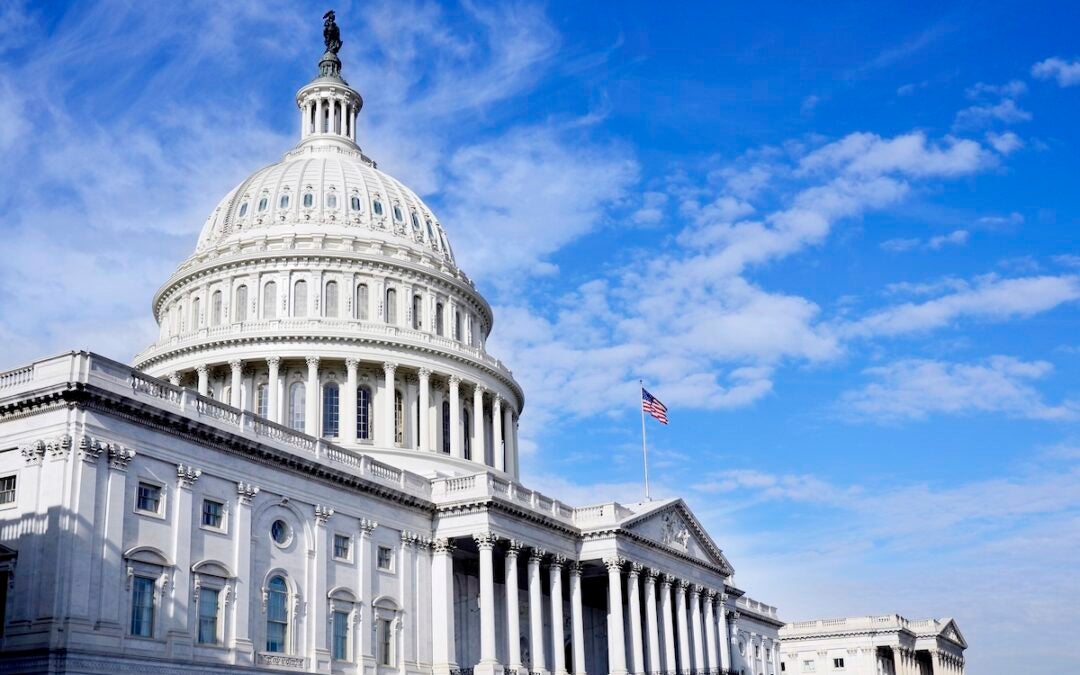Editor’s Note: Today, The Augusta Press begins a four-story series on the Georgia Open Records Law. Today, reporter Susan McCord examines government openness in Georgia and its neighboring states.
Sunshine might be prevalent this summer in the southern states, but Georgia, Florida, Alabama and South Carolina vary significantly in their ability to apply sunshine laws to the government.
Sunshine laws are state laws that govern what records and meetings must be open and available to the press and to the public. Most states allow some exemptions, generally in the areas of real estate, personnel and attorney-client privilege.
Enforcement of the laws is another matter. Most states rely on citizen and journalistic willingness to pursue information. In many cases in all states, that means money to cover the costs of searches and copying or, in the extreme, taking the secretive agency to court.
South Carolina – A toothless tiger?
The South Carolina Freedom of Information Act begins with a noble flourish.
“The statement of purpose the General Assembly adopted is spectacular,” said Jay Bender, the longtime lawyer for the South Carolina Press Association.
“It it says the General Assembly finds that it is vital in a democratic society that public business be conducted in an open and public manner,” Bender said. “The problem is that statement has not filtered into the mindset of all public officials in the state.”
Like the other three states, South Carolina declares government meetings and records are public and sets a timeline and method for the release of documents upon a citizen’s request.
Governments are expected to keep certain records on file for routine public inspection and provide others within 30-35 days of the public’s request.
The problem is, many officials don’t want to release them, Bender said.
“We have people in office, either appointed or elected, who believe they are our rulers and not our representatives,” he said. “Even when our officials know the records must be disclosed, they will either not respond or drag their feet, and unfortunately the remedy is to initiate civil litigation. That’s expensive, and it deters a lot of people.”
Court records are subject to a constitutional provision that they are public. The state oversees the release of many state budget and finance documents, as well as candidate campaign filings.
“It’s where you try to get reports of law enforcement activity or reports of what school boards are doing that you encounter difficulty,” Bender said.
Alabama: The least compliant
Alabama has had the public’s right to access “public writings” on the books for a century.
But in practice, its laws are “certainly not the best ones out there,” said Miriam Guzman, senior attorney for the Southern Poverty Law Center in Montgomery.
A resident can request a record, but what is supposed to happen next isn’t clearly defined.
“There is not a very strict timeline, not a strict rule about how much an agency can charge and not a rule about attorney’s fees,” Guzman said.
While the rules for release are unclear, the Alabama Legislature has carved out more than 250 exemptions from disclosure.
Gov. Kay Ivey even signed an order in January setting a 15-day response-time goal and authorizing up to a $20 hourly fee for retrieving records, but the order only applies to the state’s executive branch.
For other requests, agencies must respond within a “reasonable” amount of time or potentially wind up in court, if the record-requestor has the time and resources to file a lawsuit.
“There’s not a lot of published case law,” Guzman said. “It makes me think not a lot of people are filing lawsuits or really trying to enforce those rights.”
While some southern states rely on the “rule of law” to keep order, having sunshine laws on the books doesn’t mean they’ll be followed.
Based on Alabama officials’ compliance with public records requests, Alabama ranked last in an analysis of Muck Rock data by David Cuillier, the incoming director of the Freedom of Information Project at the University of Florida.
“The compliance rate was really low in the South,” Cuillier said. “Alabama had the lowest. About 10% of the public records requests were complied with.”
Even Florida, which prides itself on its detailed, longstanding “Sunshine Laws,” ranked 31st among the 50 states.
A bigger stick?
Cuillier, who has studied open government laws across the U.S. and abroad and authored “Bigger Stick, Bigger Compliance” about them, said even in law-and-order states, people won’t follow laws that have no penalty for breaking them.
“Some of my research indicates that most of the laws don’t really matter in the scheme of things, except a couple of things,” he said. “One thing that matters is the penalties, if you get penalties that actually sting.”
Georgia’s law makes knowingly refusing or frustrating the release of records a misdemeanor that carries a fine of up to $1,000. In a civil action, the court may impose a fine of up to $1,000 for a first violation and $2,500 for the second within a 12-month period, “may” being the operative word. Not all courts will impose the optional fine.
In Florida, knowingly breaking the sunshine law is a misdemeanor punishable by a fine of up to $1,000 and a year in jail. An unintentional violation is subject to a $500 fine.
“The other thing is attorney fees that are mandatory,” Cuillier. “If they deny someone information that they’re entitled to, and the person sues, mandatory attorney fee shifting requires judges to make the agencies pay the attorney fees. And that can sting.”
State deadlines for agencies to respond to a request don’t matter – unless there’s actual punishment for not following them, he said.
“There’s a lot of those kinds of provisions that sound good on paper, but if there’s no enforcement, it’s meaningless,” he said.
Unfortunately, law enforcement isn’t exactly pursuing government bureaucrats for failing to respond to open records requests.
“The only enforcement is us. There’s no freedom of information police running around handing out citations. We have to hire a lawyer and sue the government, and it’s stacked against us,” he said.
Resolving disputes outside the courts
Other states have developed different ways of enforcing open government laws, such as the Connecticut Freedom of Information Commission, which has been around since the 1970s.
The state agency can order the release of a record for a citizen at no charge, although the process can be a little lengthy for journalists, Cuillier said.
Pennsylvania has a system in which a team of lawyers is paid to rapidly decide open records cases and force a government to turn over records, he said. Ohio has a system in which a judge will make a rapid decision for a nominal fee.
About 60 countries use an alternate form of dispute resolution rather than going through the court system. It’s a worthwhile expense of public dollars, he said.
“You’re chipping in your tax dollars so that you can hold government accountable, when the government is held accountable by public records laws and reporting, taxpayers save money.”
Florida: Better than some
As he prepares for a new job in Florida, Cuillier, the director of graduate studies at the University of Arizona, said he’s just sinking his teeth into the state’s sunshine laws.
“The law is better in Florida than most of the other states in the South,” he said. “There are powerful and effective nonprofits who work to ensure Florida’s government accountability. Maybe they’ve backslid a little in the last two decades.”
Open government advocates are decrying a very recent move by the Florida legislature to shield from disclosure the publicly-funded travel records – including retroactively, for prior trips – of Gov. Ron DeSantis as he continues his run for president.
Republicans claimed the move is intended to enhance the safety and security of DeSantis as well as other government officials and security personnel.
Barbara Petersen, the executive director of the Florida Center for Government Accountability, told the Tampa Bay Times the bill was unnecessarily broad.
“While there could be some security concerns regarding the governor’s current or future travel, I see no justification for protecting past travel,” Petersen said. “Who the governor is meeting with, who is traveling with him, who’s paying for the travel, are all questions critical to the public’s ability to hold the governor accountable.”
Georgia open government laws have broad support
The Georgia Open Records Act underwent a major revision 11 years ago. It was broadened to cover most state and local agencies and allow them to bill requestors for the time needed to redact confidential information, said Richard Griffiths, president emeritus and spokesperson for the Georgia First Amendment Foundation.
The Georgia Open Meetings Act spells out in detail what meetings of officials must be open to the public.
The act requires agencies to provide some sort of response within three days, whether it’s a request for more time, an estimated bill or the completed response.
The laws suffered one setback in recent years when the General Assembly declared the Georgia Cannabis Commission’s actions, including the award of cannabis oil processing contracts, were exempt from disclosure, Griffiths said.
When companies not awarded a contract cried foul, there was no way to determine the process was conducted appropriately, he said. The foundation and other entities have a case going before the Supreme Court of Georgia to make it more open.
Overall, while it frequently depends on court actions for enforcement, the Georgia laws enjoy broad support, Griffiths said.
“We’ve got a lot to be proud of in Georgia, where support for the Open Records Act has really been bipartisan,” he said.
Griffiths and others lobbied this year to modify Georgia Senate Bill 215, which aspired to redact from all public records the addresses of most elected and government officials, past and present. The bill’s sponsors limited it to law enforcement.
“Nobody wants law enforcement to be in a place where they are being threatened at home. I think that’s a reasonable exemption to include,” he said.
While two of the neighboring states lack real penalties for noncompliance, “the Georgia law does have teeth to force these things and does have penalties for those who don’t abide by it,” Griffiths said.
“I think we can always do better in the grand scheme of things, but we have a solid law that is an excellent tool for citizens and journalists and even politicians and businesses to understand what’s going on in their state,” he said.
The citizens’ fight is never done, however.
“The act is there, but it has to be enforced, and it has to be enforced by people willing to stand up and say ‘Hey, that’s not fair. That’s not right,’ and are willing to put a little effort into it,” he said.













